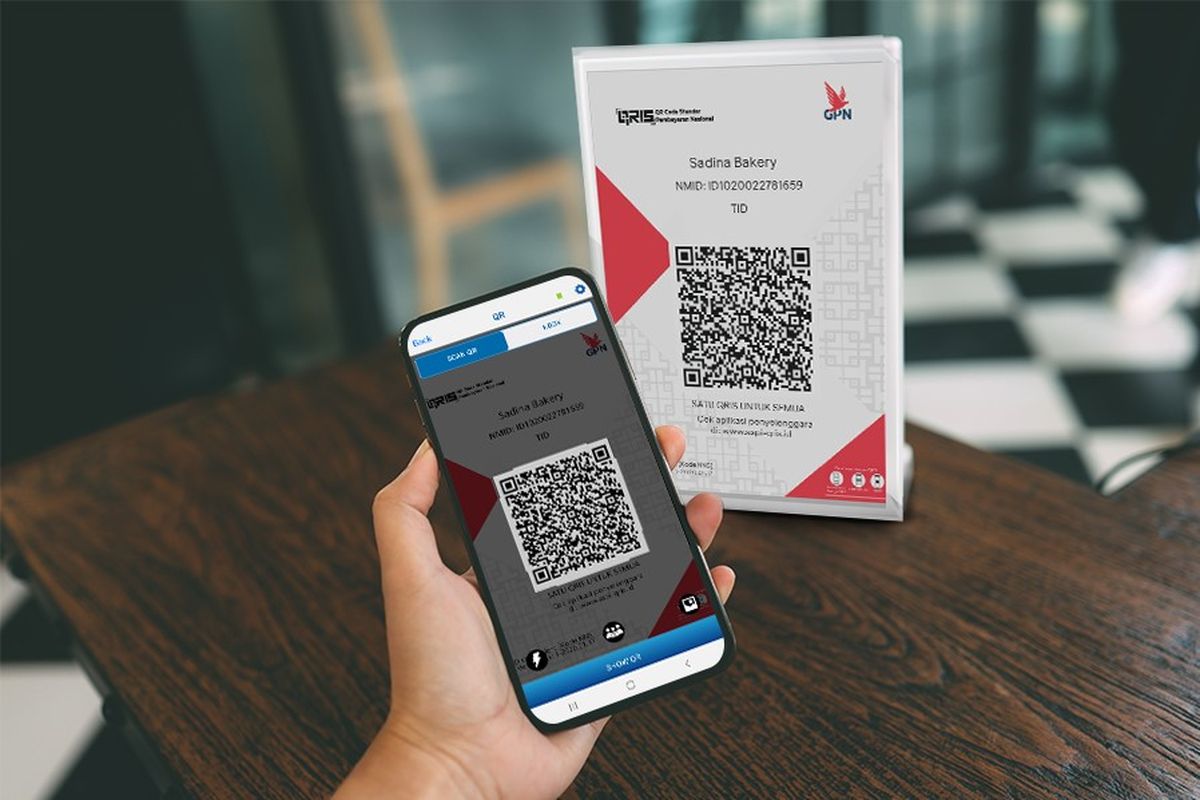Indonesia is intensifying its efforts to expand the use of the Quick Response Indonesian Standard (QRIS) across borders, even as U.S. officials raise trade concerns over the country’s payment system regulations. During a public event commemorating Kartini Day at Gedung Dhanapala, Jakarta, on April 21, 2025, Bank Indonesia’s Senior Deputy Governor Destry Damayanti shared recent developments on QRIS adoption.
Destry revealed that Indonesia is currently in the process of forming QRIS interoperability agreements with South Korea, India, the United Arab Emirates, and Saudi Arabia. “In the process with Korea, India, United Arab Emirates, also in process with Saudi Arabia,” said Destry in her address.
QRIS Already Functional in Three ASEAN Countries
Destry emphasized that QRIS can now be used in Malaysia, Thailand, and Singapore. With this development, Indonesian citizens, including migrant workers, are able to make payments in these countries using only their mobile devices without relying on cash.
“This makes it easier. If our friends (Indonesian Migrant Workers), for example, want to make transactions, they can do it with QRIS, whether it's with a bank—QRIS is bank-based—or with non-bank providers; there are many non-bank options,” she said.
U.S. Flags QRIS and GPN as Trade Barriers
The expansion of QRIS has drawn scrutiny from the United States government. In its 2025 Foreign Trade Barriers report issued by the Office of the United States Trade Representative (USTR) in late February, the U.S. criticized Bank Indonesia’s regulatory approach to QRIS and the National Payment Gateway (GPN).
The report points to Bank Indonesia Regulation No. 21/2019, which mandates QRIS as the national QR code standard for all payment transactions in Indonesia. U.S. payment providers expressed concern that international stakeholders were not sufficiently consulted during the policy’s development phase.
“U.S. companies, including payment providers and banks, have raised concerns that during the development of BI’s QR code policy, international stakeholders were not informed of the nature of potential changes or given the opportunity to share their views on how the system could be designed to interact most smoothly with existing payment systems,” the USTR stated.
Foreign Ownership Restrictions Highlighted by USTR
In addition to QRIS, the U.S. report also critiques Indonesia’s GPN regulations, particularly Bank Indonesia Regulation No. 19/08/2017. The rule requires all domestic debit and credit retail transactions to be processed by BI-licensed switching institutions located within Indonesia.
The USTR report further notes that Indonesia imposes a 20% foreign ownership cap on companies seeking licensing to operate within the National Payment Gateway. It also prohibits the provision of cross-border electronic payment services for domestic debit and credit transactions.
As mandated by Bank Indonesia Regulation No. 19/10/PADG/2017, foreign companies must partner with licensed Indonesian switching institutions to process domestic retail transactions via GPN. According to the USTR, such partnerships require BI approval and are contingent on the foreign partner’s support for domestic industry development, including technology transfer.
PHOTO: BCA MOBILE
This article was created with AI assistance.
Read More






 Wednesday, 04-02-26
Wednesday, 04-02-26







